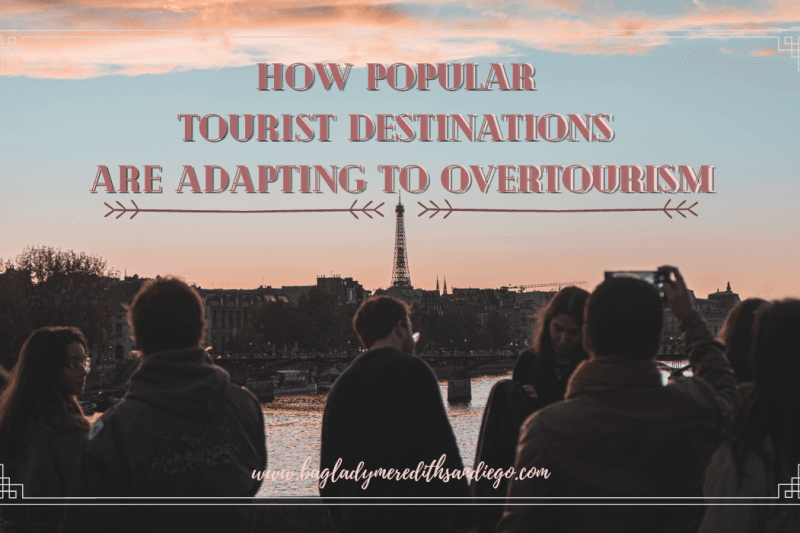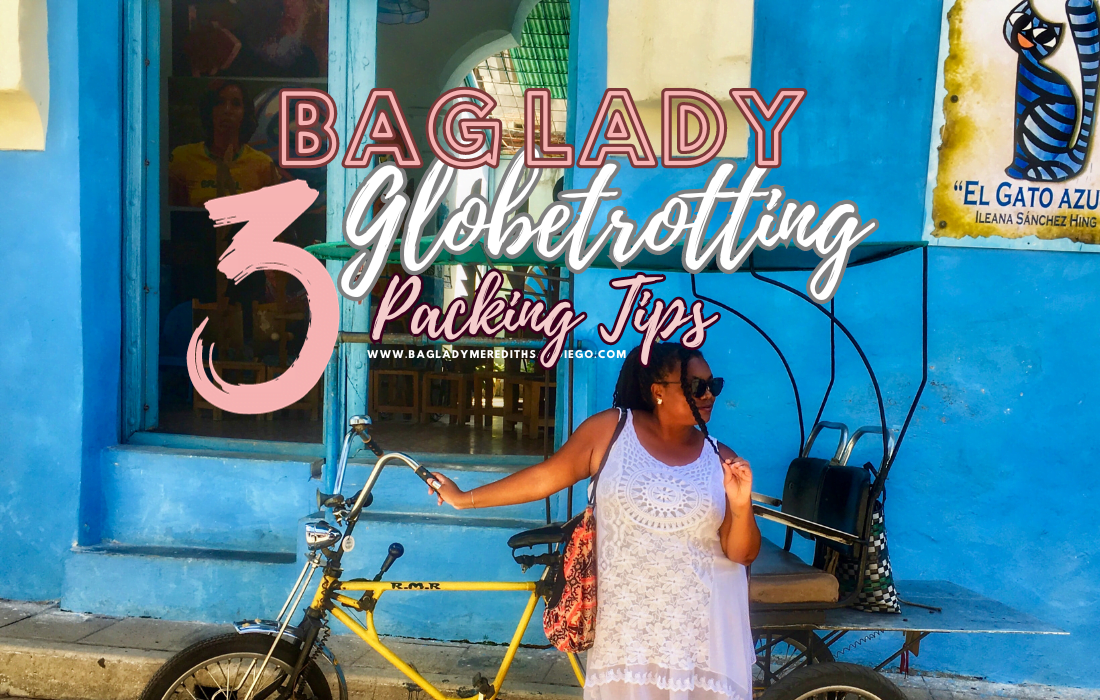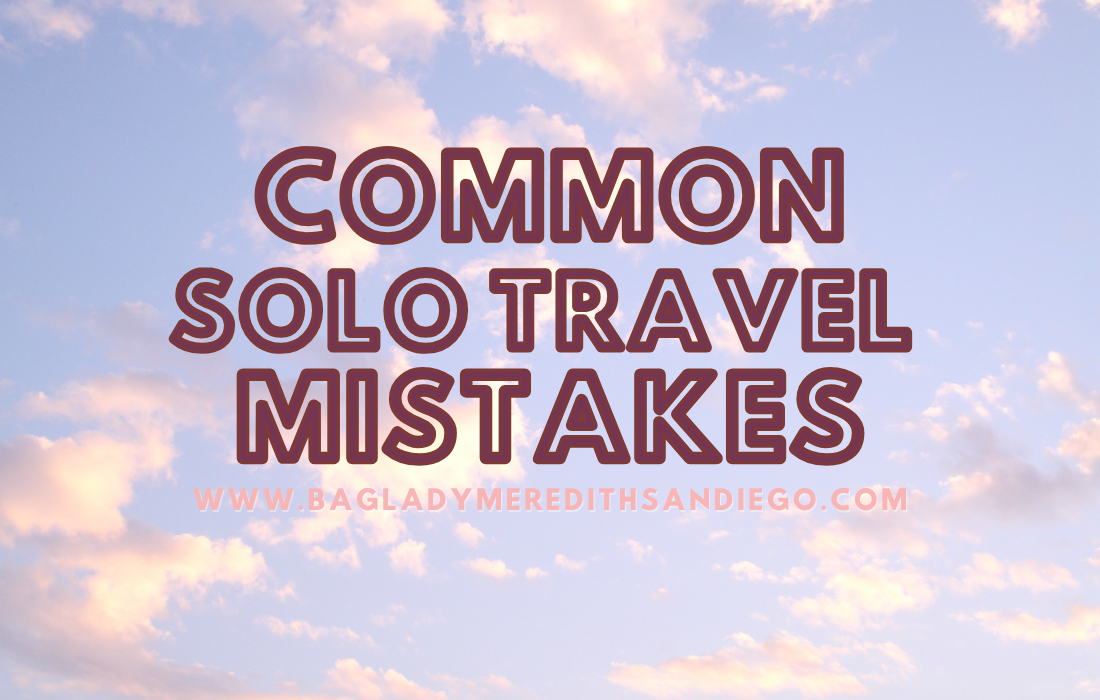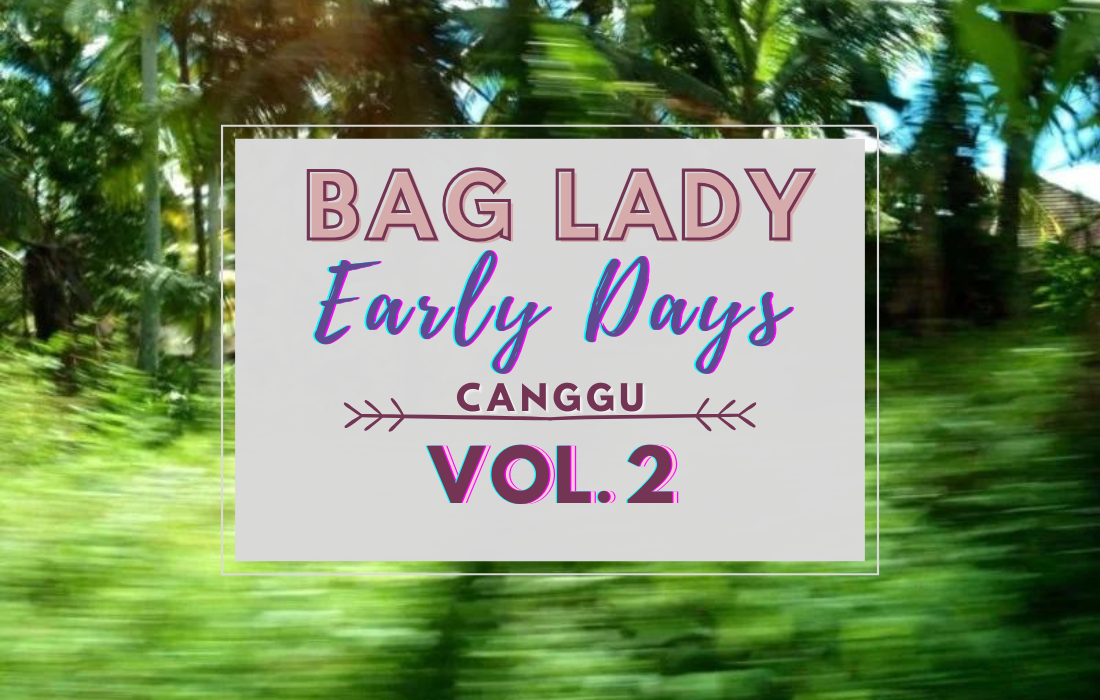The return of massive tourism post-pandemic has many popular tourist destinations adapting to overtourism. The now trending term represents the phenomenon of excessive amounts of tourists and the negative effects they can have on hot spots. Avid travelers can relate to being in massive crowds of people at the Louver, or the lines that literally snake through the streets of Rome to access the Vatican.
Nobody enjoys themselves in these types of conditions. Not to mention that they serve as a breeding ground for opportunists for thievery… and disease in this day and age. And they’re not the safest scenarios for solo female travelers like myself.
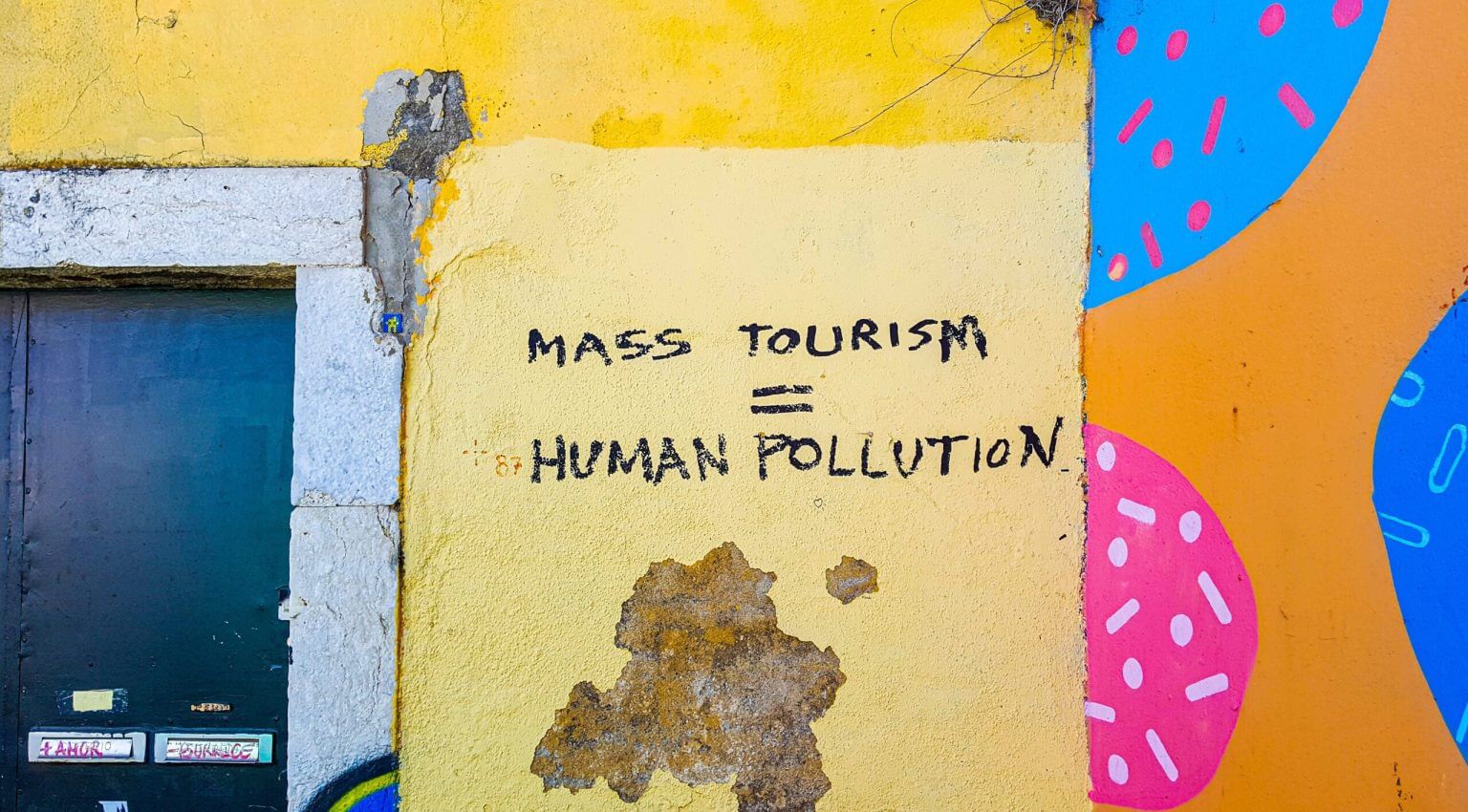
Now despite the fact that another pandemic is possibly on the rise, tourists are still flocking to airports around the globe. Desperate for a change of pace, environment, and culture after surviving a handful of years full of uncertainty and strife. So much so that aviation wasn’t ready for the influx. And we now see the results of that by way of mass strikes, and horrific tales of lost or damaged luggage.
If airports are in such bad shape, you can only imagine places like Machu Picchu or the Pyramids of Giza. The gross amounts of trash overtake island nations like the Philippines or the Maldives. As far as many tourists are concerned, the chaos left in their wake isn’t their problem.
Well, now destinations are responding and taking matters into their own hands.
Top destinations affected the most by overtourism
Of course, European greats like Italy and the Cyclades make this list of tourist destinations adapting to overtourism. As does SE Asian home runs like Cambodia and Thailand. But a few more top 10 travel bucket list destinations have had a hard time recently. Take Iceland as an example.
Pre-pandemic the tiny but mighty volcanic island received six visitors per resident in 2018. That means that this island, built to withstand a sum total of 400,000 people, had over 2 million people impacting its infrastructure. Is this starting to make sense now?
During the halt in tourism thanks to the Coronavirus pandemic, the Icelandic government began to implement new measures. Many of these were directed at enticing tourists toward off-season visits and moving them away from over-tapped hotspots. The creation of the Sky Lagoon took the pressure off of the popular Blue Lagoon as an example. And it extended infrastructure toward not-so-often visited regions like Snaefelsness.
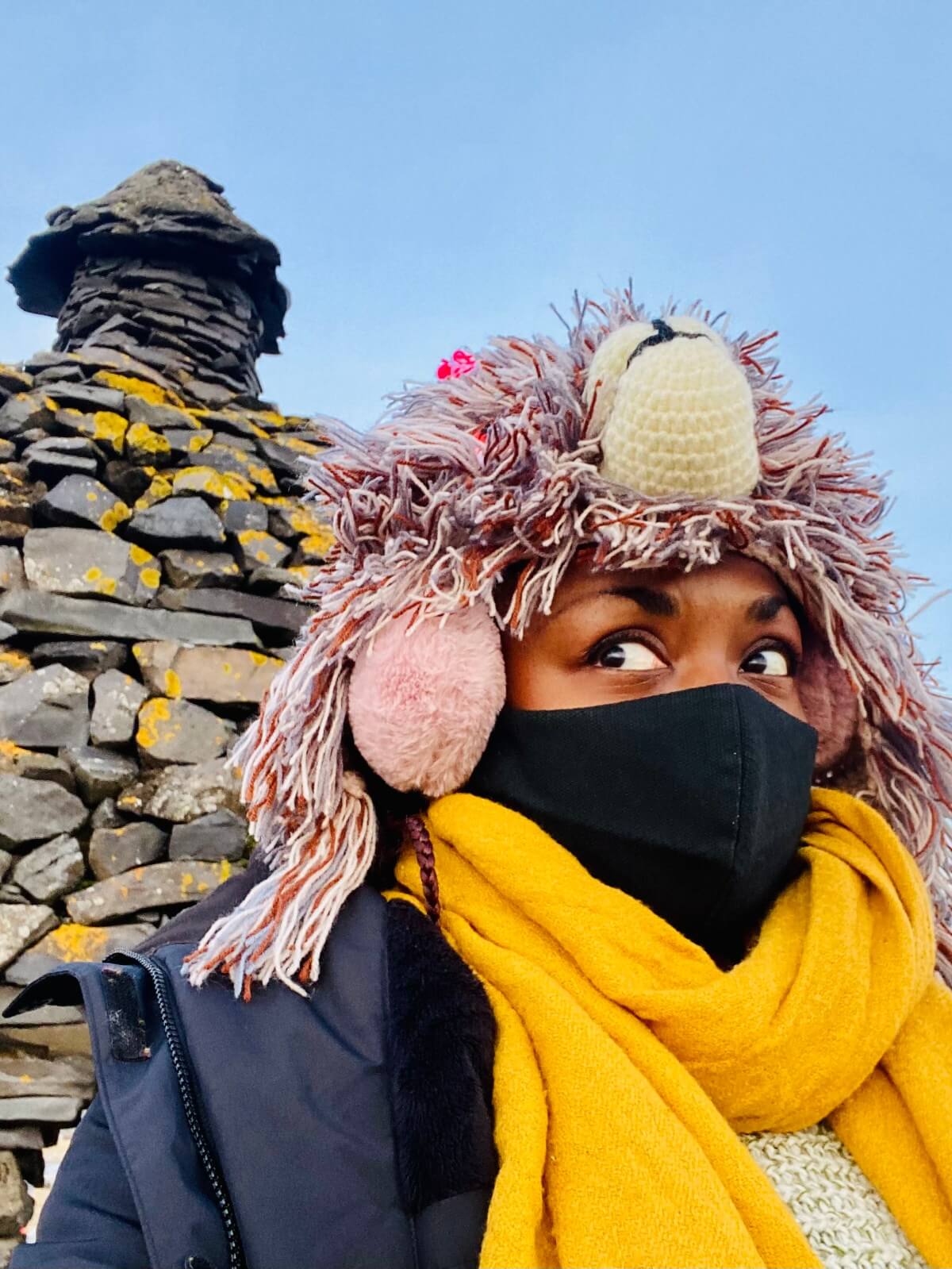
Another example I mentioned a bit earlier in the blog, is Machu Picchu. The Mayan ruins that are the gem of the tourism industry in Peru have also been impacted by overtourism. Over the last couple of decades, tourism to the site has jumped from 400,000 to 1.4 million. The archaic ruins just can’t withstand the sheer number of feet stomping on them.
After the site was threatened to be added to UNESCO’s “List of World Heritage in Danger”, the site restricted visitors to 5,600 per day. That’s still twice as many visitors as UNESCO would like, but entries are staggered and trail routes limited.
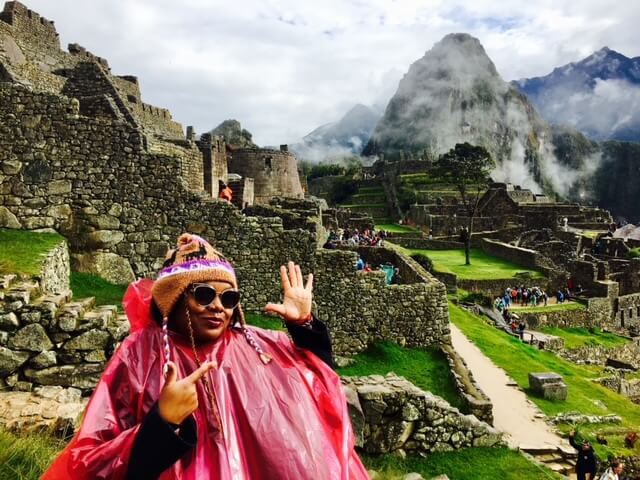
Realistic solutions to reverse the effects
Firstly, and pardon my French but don’t be an asshole. Leave a destination feeling like family —connected to it and its well-being because you support transformative travel. Experiences over things. Leave a positive impact on the community you stayed in because you were respectful and interested in learning about their culture.
Staying luxury? To each their own (side eye), but make sure you’re tipping at the all-inclusive establishment you’re inhabiting for your experience. Try not to pollute and do your best to manage your amount of waste. Don’t buy more just to throw away more because “you’re on vacation” without considering the impact long after you’ve left.
Travel during the quote-unquote “off seasons” for a destination. This will help dramatically in several ways. First, by not participating in the over-touristic approach. And secondly, by extending the earning potential of local businesses year-round vs seasonally. You end up saving in the long run because prices often drop drastically outside of peak season.
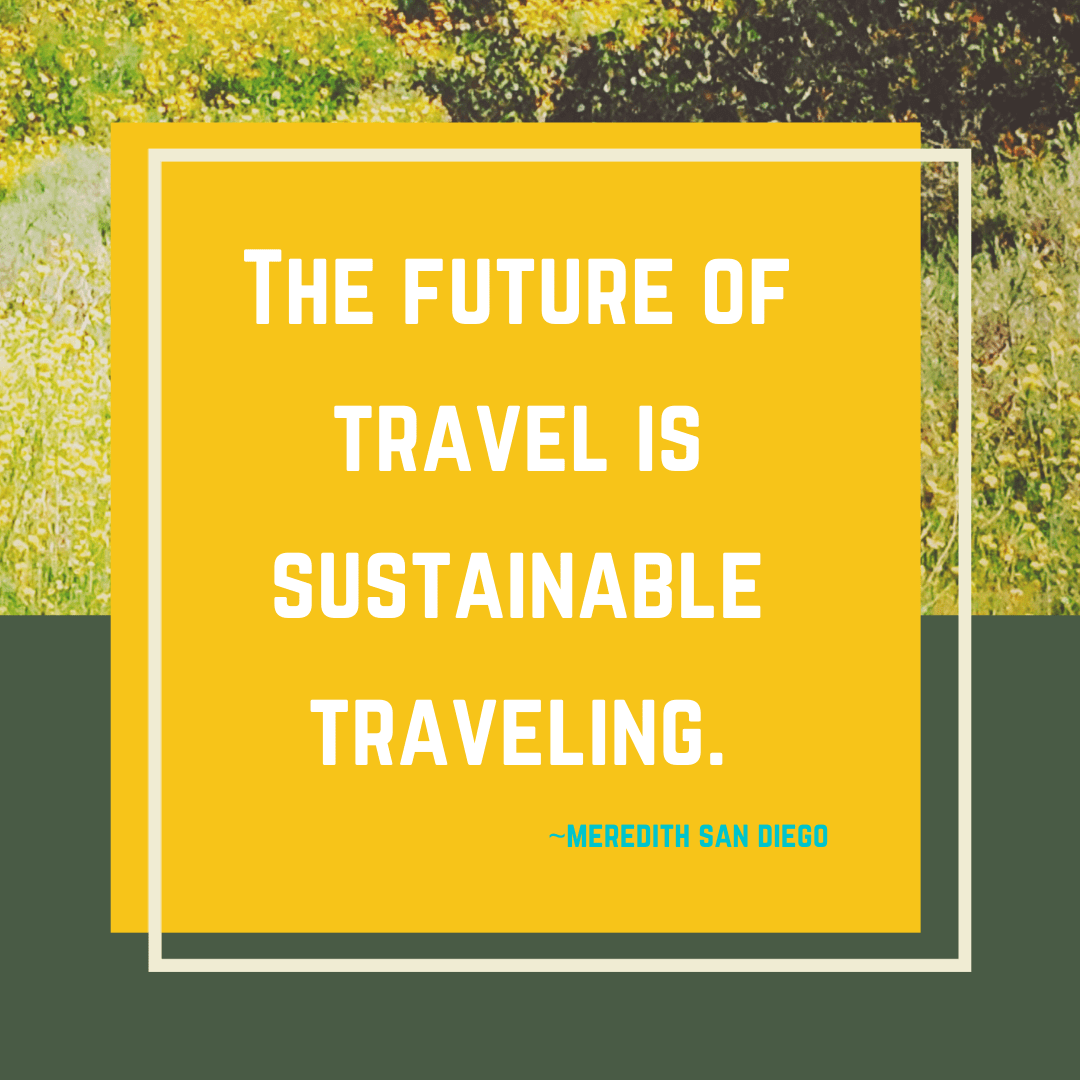
Consider traveling with a sustainable approach by staying more than two nights in one location. Flashpacking through destinations may seem exhilarating, but it’s not sustainable for businesses. Consider the extra materials used to clean up behind you alone; in restaurants, your hostel/hotel.
Amid destinations wrestling with the impacts of over-tourism, consider the perspective of Mikhail Solodovnikov who emphasizes the allure of off-the-beaten-path travel adventures. Misha’s dialogue is not just a call to action but a beacon for those yearning for authentic and transformative experiences away from the overcrowded tourist hubs. By adopting a sustainable approach to traveling, travelers can contribute to a more balanced and respectful tourism ecosystem, ensuring that the beauty and diversity of our planet remain accessible and preserved for future explorers.
Another solid suggestion is to use ethical travel companies or guides. Organizations such as The Real World exist to help you travel more sustainably without worrying about sorting it out on your own. These organizations care about the impact being made on the communities they arrange to travel through. And care even harder about making sure the travel positively impacts your life as a traveler forever.
Meredith is here to help
Looking for more realistic solutions to implement to your existing travel style to be part of the solutions vs adding to the problem? Thankfully, Meredith is here to help you out. My strategic solo traveling consults were created to help you navigate things like this. If you’re not in the know, how would you know that tourist destinations adapting to overtourism is even a thing?
Traveling as a solo female traveler can be massively intimidating. Trust me, I get it. I was in your shoes once, too. Now, after 8 years of living abroad, this avid traveler is prime to assist you with whatever your travel needs may be.
- Are there solo traveling backpacking routes on the African continent?
- What’s this I hear about new sustainable tourism taxes in Spain?
- Which airlines participate in & support sustainable travel practices?
- What are the best ways to prepare to move abroad as a solo female?
- Do I need a Covid test for the border crossings on my international journey?
Get to the heart of your solo traveling deterrents on a FREE 15-minute 1-on-1 with Meredith. Perfect for the first-time solo female traveler or someone entertaining the idea of solo living abroad.

